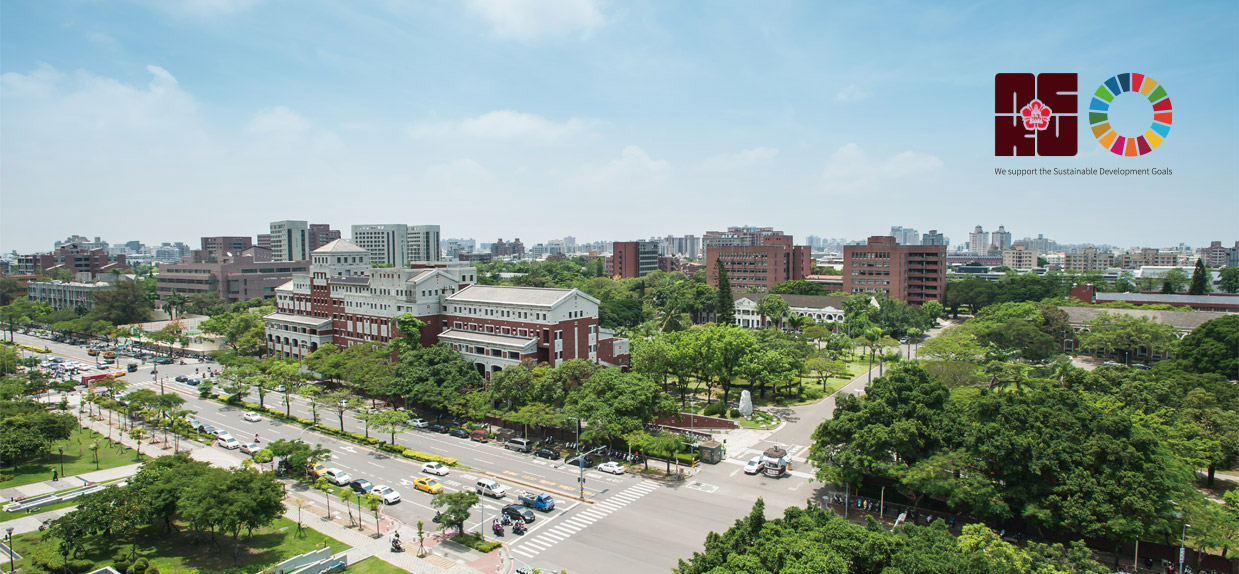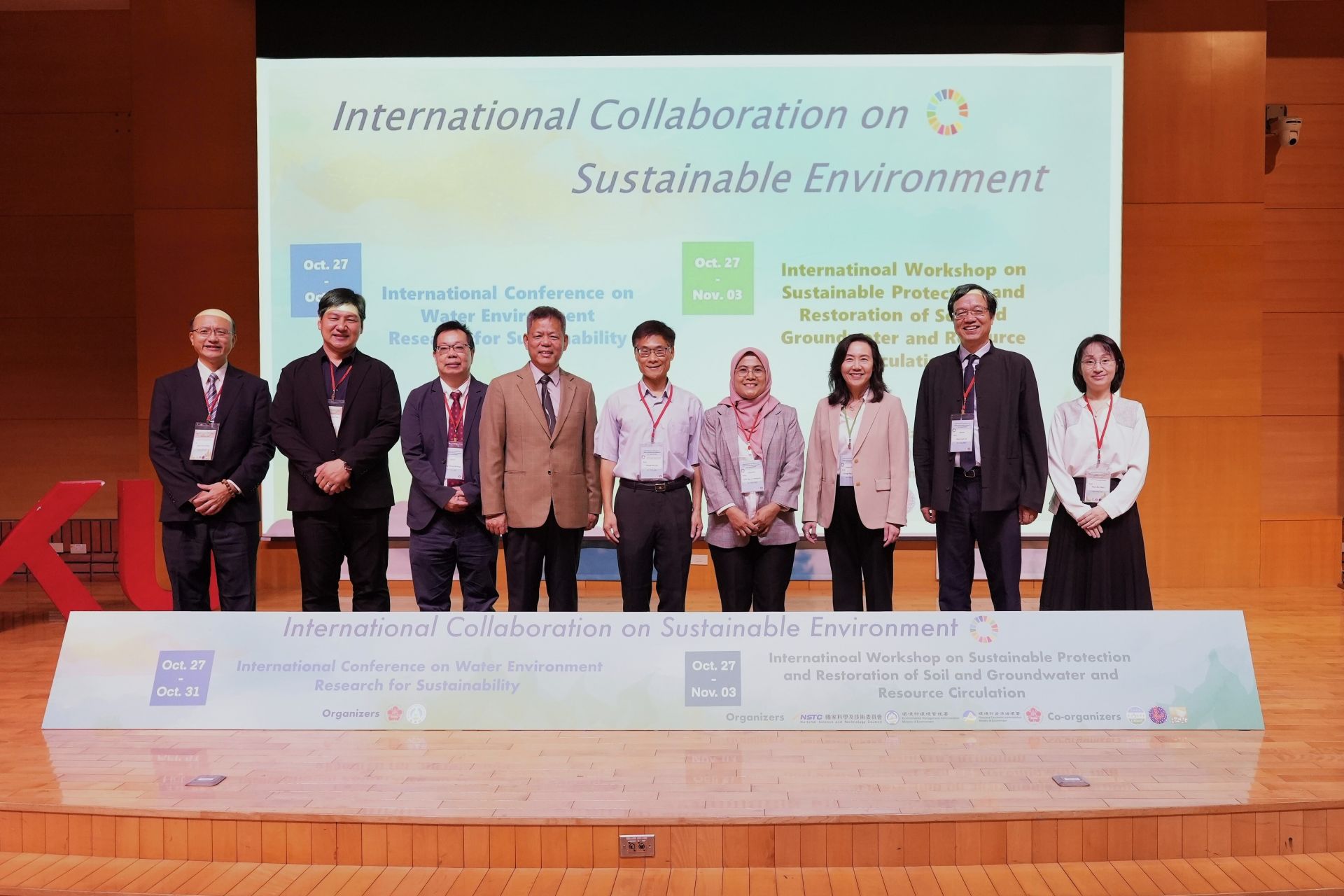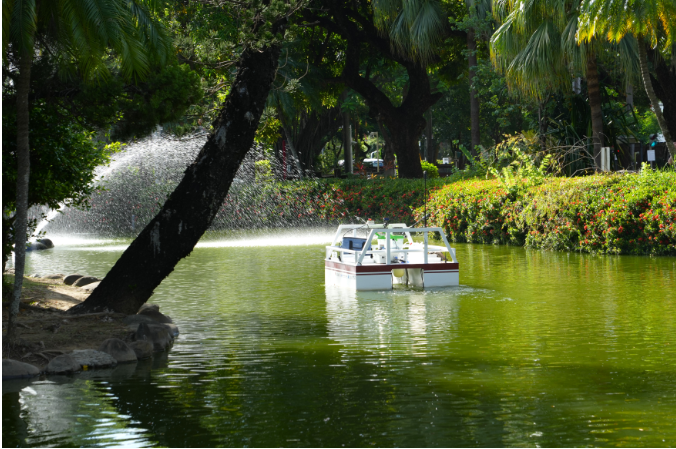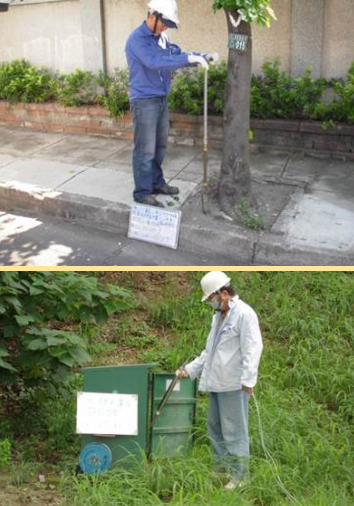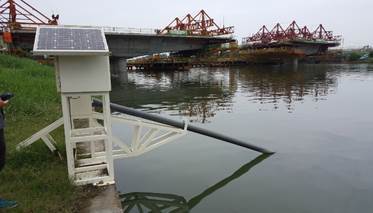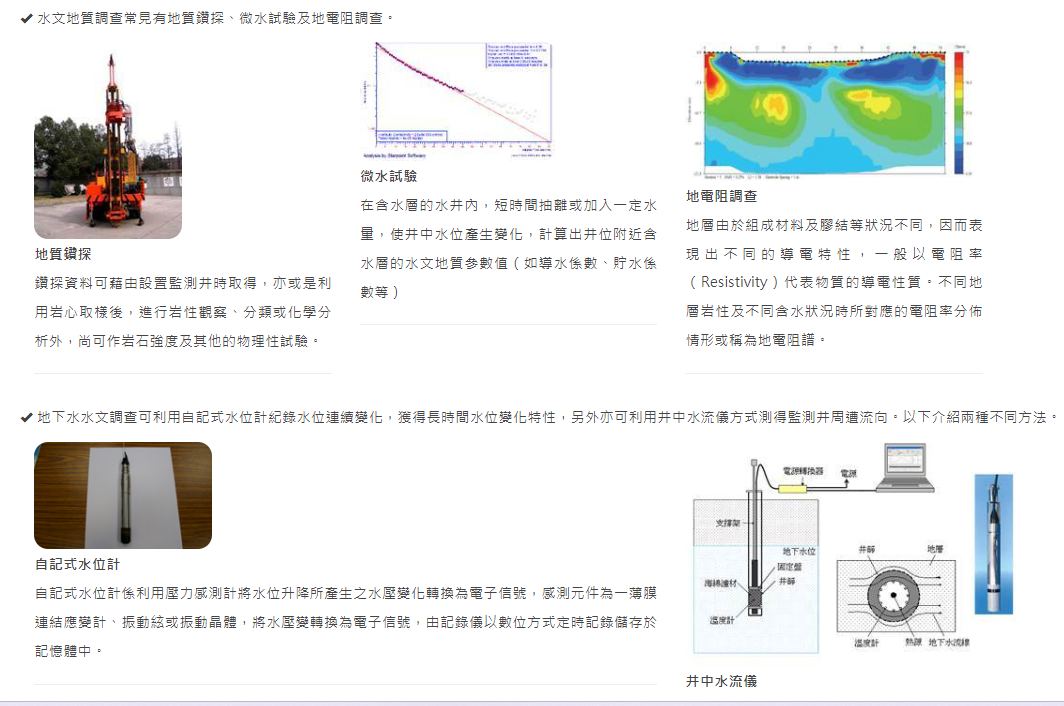National Cheng Kung University (NCKU) has long prioritized the sustainable use of soil and water resources while actively fostering interdisciplinary and international collaboration. Through platforms such as the International Workshop on Soil and Water Remediation and Resource Recycling and the International Conference on Sustainable Water Environment, NCKU brings together experts and scholars from across the Asia-Pacific region to exchange the latest research and practical experience in water resource management, pollution prevention, and resource recycling. These professional forums highlight NCKU’s leadership in environmental governance and sustainable water use, while promoting knowledge sharing and long-term global cooperation. By integrating environmental monitoring with data analysis, the university aims to minimize ecological impacts on aquatic systems and enhance both the efficiency and sustainability of restoration efforts.
On campus, NCKU combines technological innovation with ecological protection. To improve the water quality of Cheng-Kung Lake, the university developed a “Smart Water Quality Monitoring and Treatment Vessel,” an unmanned boat that integrates artificial intelligence with water treatment functions. Jointly created by the Departments of Environmental Engineering, Systems Engineering, and Naval Architecture after two years of research and development, the vessel has been successfully tested in multiple reservoirs. It can monitor water quality in real time and conduct surface cleaning operations, effectively removing algae, lowering nutrient concentrations, and improving overall water conditions. This innovation not only restores the lake’s ecosystem but also showcases how advanced technology can support water protection, safeguard aquatic habitats, and maintain biodiversity, offering a valuable reference for other regions.
NCKU’s Hydraulic Laboratory, accredited by the Environmental Protection Administration (EPA), strengthens these efforts through rigorous soil and water quality testing, including groundwater and seawater analysis. The lab has developed an automatic real-time water quality monitoring system that reduces manual sampling and enables early warning of potential problems. In addition, its hydrological and groundwater surveys focus on detecting contamination at an early stage and preventing its spread, thereby protecting environmental quality and contributing to sustainable development.

